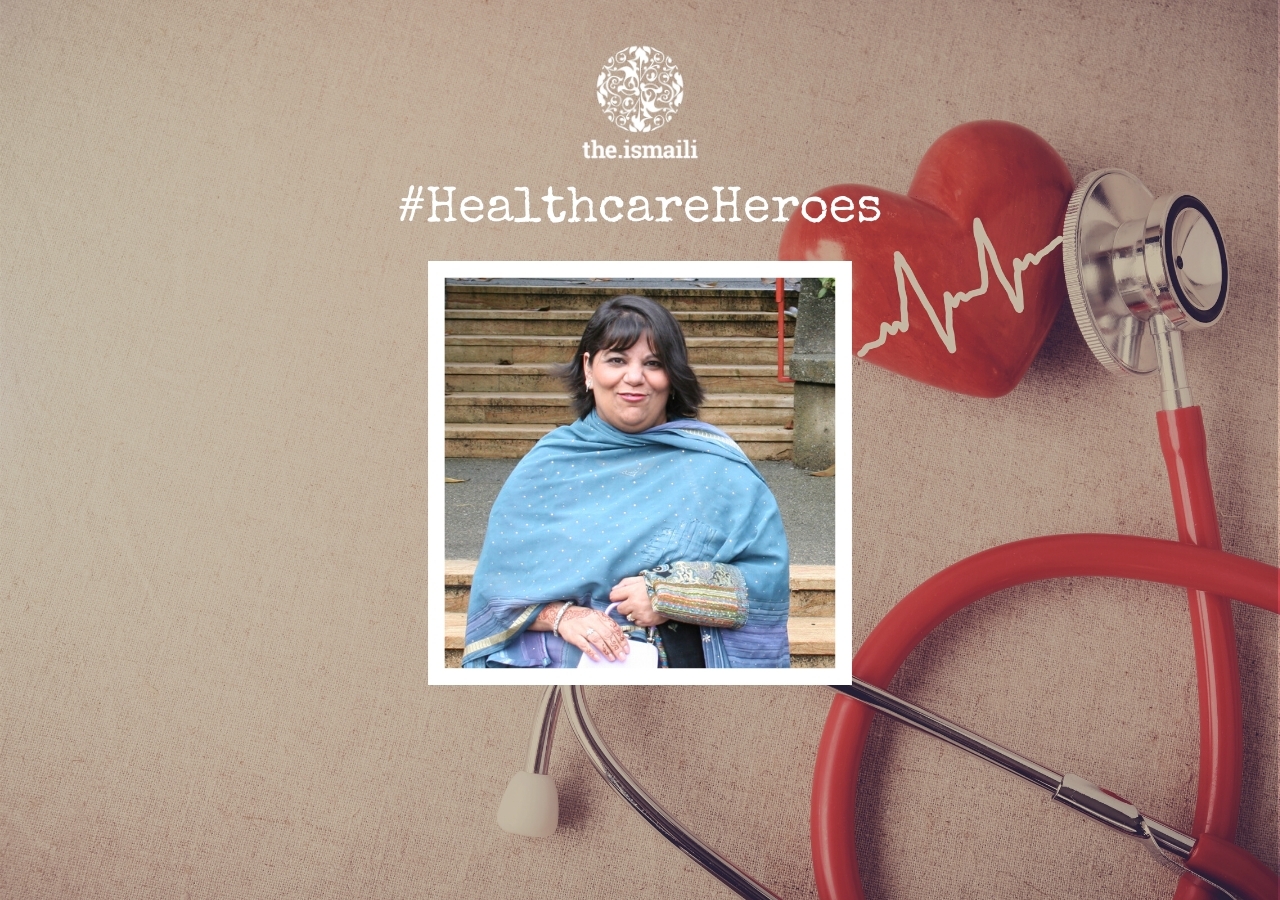"The current situation, with isolation, fear, uncertainty, and economic crisis, can cause psychological disturbances", warned the head of the WHO Department of Mental Health and Substance Abuse, Dévora Kestel.
The WHO considers “a long-term increase in the number and severity of mental health problems likely” due to the “immense suffering of hundreds of millions of people” and the long-term economic and social costs for the population.
Despite the risks, Mental Health needs "are not receiving the necessary attention", probably due to the magnitude of the crisis, said that the WHO.
The situation is aggravated by the fact that there was already a lack of investment and prevention in this area before the pandemic arrives.
For WHO, among the groups most at risk are “health personnel, because of the anxiety and stress they are experiencing, children and adolescents, women at risk of domestic violence, the elderly, due to the risk of being infected, and people with pre-existing mental conditions or other illnesses, for whom it is more difficult to continue receiving treatment ”.
Although novel coronavirus COVID-19 is a physical health problem, "the impact on Mental Health is significant and can cause greater difficulties if it is not addressed properly," said the official.
For this reason, WHO urges countries not to neglect psychological support services and to ensure their availability as part of essential services during the pandemic.
According to data from the organization, the symptoms of panic and distress increased 35% in China, 60% in Iran and 40% in the United States, three of the countries most affected by the pandemic that has already caused more than 300 thousand deaths worldwide.
Among health professionals, according to a Canadian study cited by WHO, almost half of respondents (47%) stated that they needed psychological support, while in China 50% suffered from depression, 45% from anxiety and 34% from insomnia.
"The numbers are there" warned the Argentine psychologist, recalling that, in places of conflict, about one in five people suffers from mental disorders, a percentage that could be reached because of the pandemic, if measures are not taken to provide support to the population.
The WHO also warned of the stigma suffered by health professionals in some countries, a situation that governments should try to resolve "with information and communication and, also, publicly honoring the work they do".
The organization also recommends particular attention to families with children at home, and the difficulties in managing the burden of education and permanent care, often in conjunction with teleworking.
For WHO, the authorities should also look for ways to explain the pandemic to children and people with cognitive difficulties and to ensure that elderly people living in homes maintain contact with families and receive the necessary explanations.
WHO is monitoring the evolution of the number of suicides and the increase in the use of illicit substances in several countries, recalling that during the economic crisis of 2008 these were two indicators that worsened, and warning that it is possible “the same to happen in the next months.”
Source: https://24.sapo.pt/atualidade/artigos/oms-alerta-para-risco-de-aumento-d...








